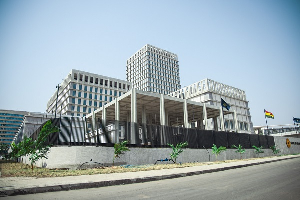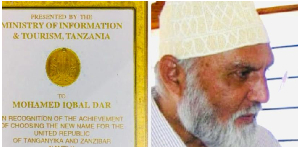Just before the last Senior Secondary School Certificate Examinations (SSSCE) were conducted, members of the National Association of Graduate Teachers (NAGRAT), threatened to boycott the invigilating role they had been playing, following disagreements over the level of the daily allowances offered them.
The Association compromised on its position and an agreement was reached to pay members allowances ranging from ?20,000.00 to ?30,000.00 per paper.
Supervisors of the programme were to be paid ?30,000.00, Assistant Supervisors ?24,000.00 and all others ?20,000.00. These were to be paid the teachers after 15% tax deductions! By the way, these amounts included their transportation allowances to and from the various examination centers!
Information reaching us suggests that there is no seriousness on the part of administrators in the educational sector in preventing or dealing permanently with the recurrence of what precipitated the stand-off that threatened the last SSSCE examination.
It is now over six months since the examinations, and none of the members has received all of even the pittance allowance the Association had agreed on while many have not received a pesewa! Only a few are reported to have received just half of what they were entitled to.
As a nation, we have been appalled at attempted examination malpractices, as well as other forms of unacceptable behaviours that have reared their heads and have had the potential of undermining the integrity of examinations.
Invigilators are the people we deploy on the field to monitor and ensure that our examinations are conducted well and without any incidents. There is in place severe prison sentences awaiting them if they were caught negligent in their invigilation duties.
Considering that the allowances that our poor teachers were prepared to accept are incomparable to sitting allowances received by some of our education officials, at some meetings to do what they are paid to do, it is difficult to understand why the teachers have been left in the cold.
Or is it the case that the sector has too many experts in fire-fighting and therefore would deliberately provoke fires for us to see them to be working?
Examinations are natural consequences of any teaching-learning programme, and we do not need adhoc measures in confronting problems such as we have about invigilation allowances.
As we grow, we are expected to learn from our experiences. It is this potential to learn from experiences that enable us improve on our nature. We cannot develop, standing at the same place and be doing the same things we were doing 48 years ago. If we keep doing those same things, we shall continue to have the same results, and find ourselves in the same lamentable situation we find ourselves today.
It was not by chance that the organizers of the examinations decided to fall on highly qualified teachers to invigilate the examinations. We believe they recognize the integrity they bring to bear on, not just the examinations but also the certificates awarded thereafter.
The Ghana Education Service and the West African Examinations Council must show goodwill in their dealings with the graduate teachers for them to continue working in a cordial atmosphere. They must see the need to let goodwill prevail, by honouring their side of the bargain, so they can continue working together.
We shall also appeal to NAGRAT to place the national interest above the provocative acts of a few bureaucrats that is gradually pushing them into declaring a boycott of this very important national exercise they have been undertaking for us.
It is unfortunate that even as we often proclaim our recognition of education as the vehicle for sustaining and developing our country, we have not been enthusiastic at trying to identify the things that frustrate the work of the key players-teachers.
It is also our hope that government would put its ears to the ground and be proactive in getting situations like this addressed, before they degenerate into national crises.
Editorial News of Friday, 11 March 2005
Source: Ghanaian Chronicle
















